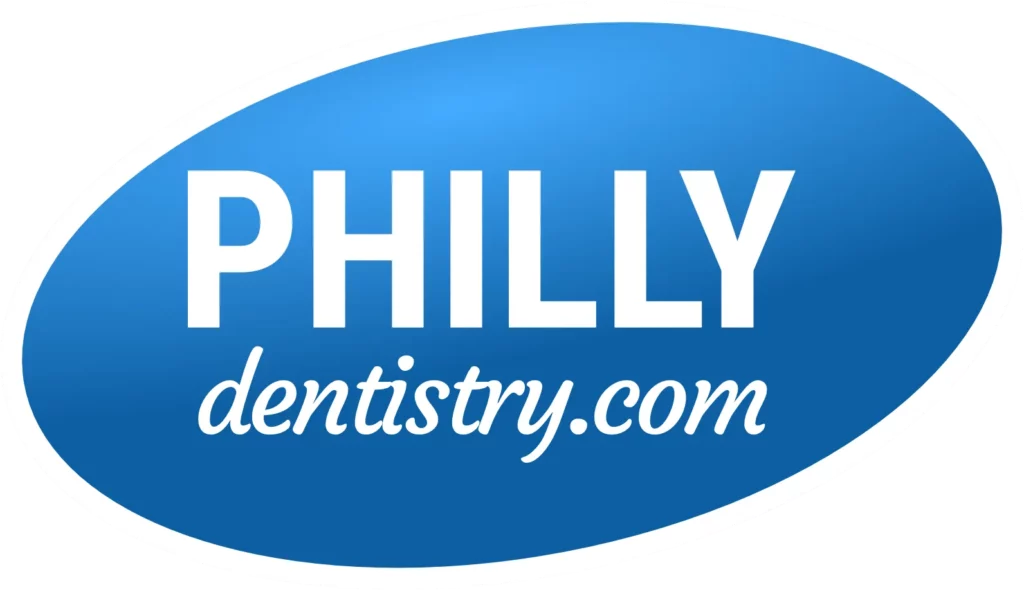Why Your Teeth May Be Sensitive to Hot or Cold
Tired of avoiding foods and beverages you like simply because of the temperature? Read on to learn about 6 of the reasons your teeth may be sensitive to hot or cold, which is the first step to remedy! Cavities If there are cavities growing inside of your teeth it can cause them to be sensitive. Often the … Why Your Teeth May Be Sensitive to Hot or Cold

